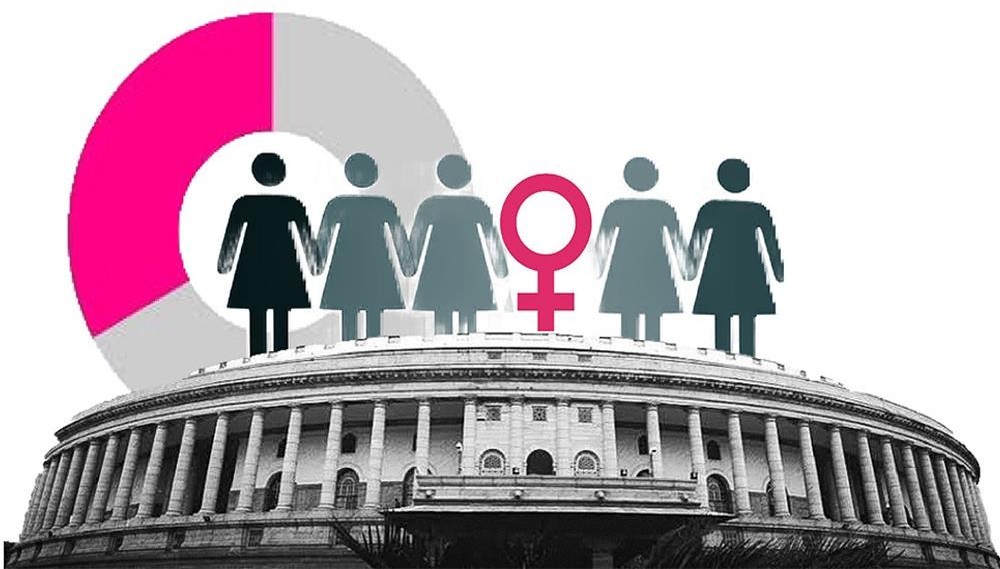Free Courses Sale ends Soon, Get It Now


Free Courses Sale ends Soon, Get It Now



Copyright infringement not intended
Context: In New Delhi, the leader of the Bharat Rashtra Samithi (BRS) started a day-long hunger strike to press for the passage of the Women's Reservation Bill (WRB). According to the proposed legislation, women will be given one-third of the seats in state assemblies and parliament.
Details
Why need Women's Reservations?
Present status of Women in Parliament
Way Forward
|
PRACTICE QUESTION Q. With more reservations for women in the Indian parliament, the status of women in society will strengthen. Discuss. |
Must Read: https://www.iasgyan.in/blogs/gender-and-political-inclusion
https://indianexpress.com/article/explained/explained-politics/womens-reservation-bill-8489481/
© 2024 iasgyan. All right reserved